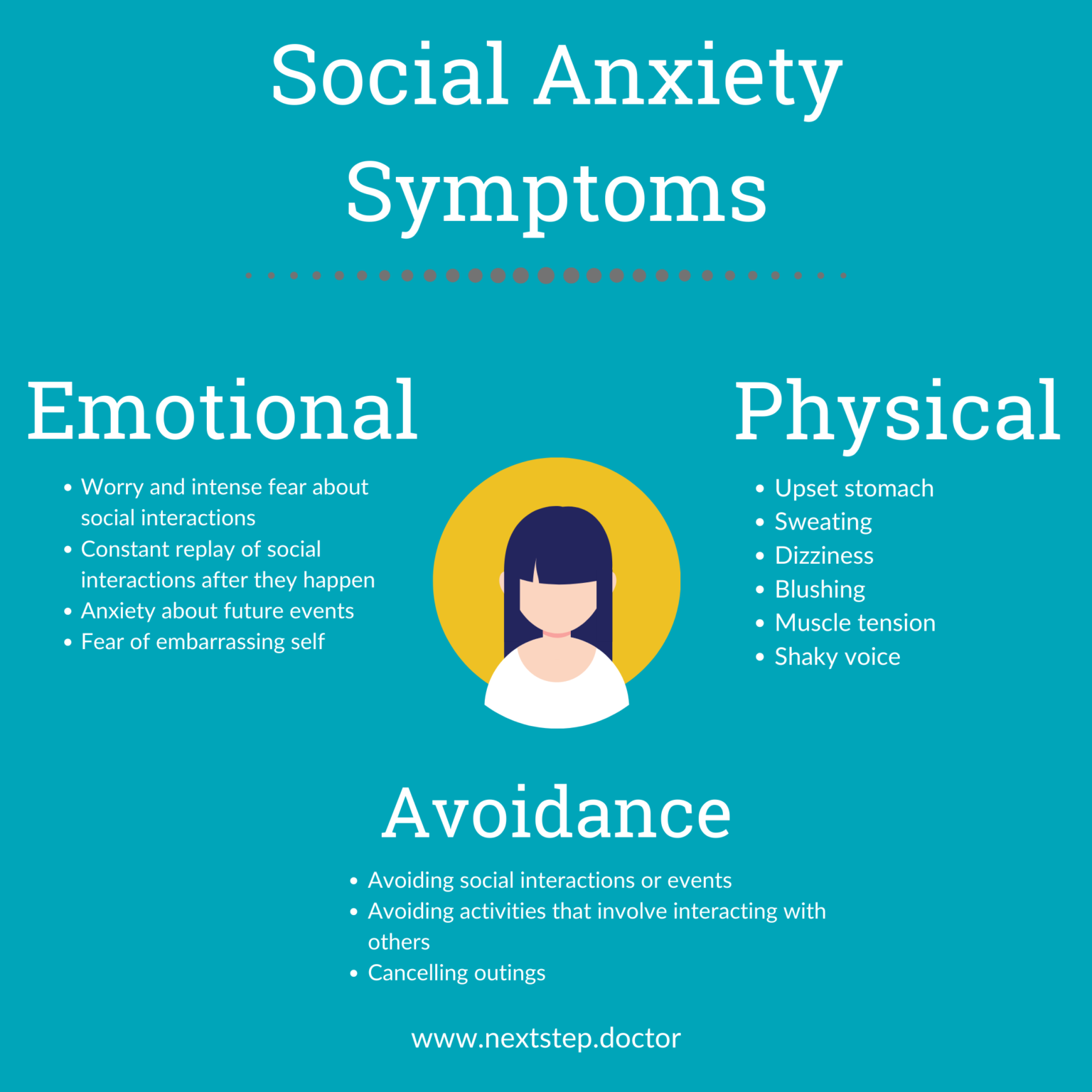Mental Health in People Who Experience Social Anxiety Disorder

What Causes Social Anxiety Disorder?
The exact cause of social anxiety disorder is unknown, but it is believed to be a combination of genetic, environmental, and psychological factors. Some people may be more prone to developing the condition due to a family history of anxiety disorders or a traumatic experience in their past. Environmental factors, such as childhood experiences or ongoing stress, can also contribute to social anxiety disorder.
Signs and Symptoms of Social Anxiety Disorder
People with social anxiety disorder may experience a wide range of symptoms, including:
- Intense fear or anxiety in social situations
- Physical symptoms, such as sweating, trembling, or blushing
- Avoidance of social situations
- Difficulty making eye contact or speaking to others
- Fear of being judged or criticized by others
Treatment for Social Anxiety Disorder
Fortunately, social anxiety disorder is treatable. Treatment options may include therapy, medication, or a combination of both. Cognitive-behavioral therapy (CBT) is a common form of therapy that helps people with social anxiety disorder identify and challenge negative thought patterns and behaviors. Medications such as selective serotonin reuptake inhibitors (SSRIs) can also be effective in reducing symptoms of social anxiety disorder.

What Are the Benefits of Seeking Treatment?
Seeking treatment for social anxiety disorder can have a significant positive impact on an individual's mental health and overall quality of life. With the help of a mental health professional, people with social anxiety disorder can learn coping mechanisms and strategies to manage their symptoms. This can lead to increased confidence and self-esteem, improved social relationships, and a greater sense of well-being.
FAQs
Q: Can social anxiety disorder be cured?
A: While there is no cure for social anxiety disorder, it is a highly treatable condition. With the right treatment, people with social anxiety disorder can learn to manage their symptoms and live fulfilling lives.
Q: Is social anxiety disorder the same as shyness?
A: No, social anxiety disorder is not the same as shyness. While shyness may cause some discomfort in social situations, it does not typically interfere with daily life or cause significant distress.
Q: Can social anxiety disorder develop later in life?
A: Yes, social anxiety disorder can develop at any age, although it typically begins in childhood or adolescence.
Q: Can social anxiety disorder be treated without medication?
A: Yes, cognitive-behavioral therapy (CBT) is a common form of treatment for social anxiety disorder that does not involve medication. CBT can be highly effective in helping people with social anxiety disorder learn coping mechanisms and strategies to manage their symptoms.
Conclusion
Social anxiety disorder is a common mental health condition that can have a significant impact on an individual's daily life. Fortunately, with the right treatment, people with social anxiety disorder can learn to manage their symptoms and live fulfilling lives. If you or someone you know is struggling with social anxiety disorder, it is important to seek help from a mental health professional.
